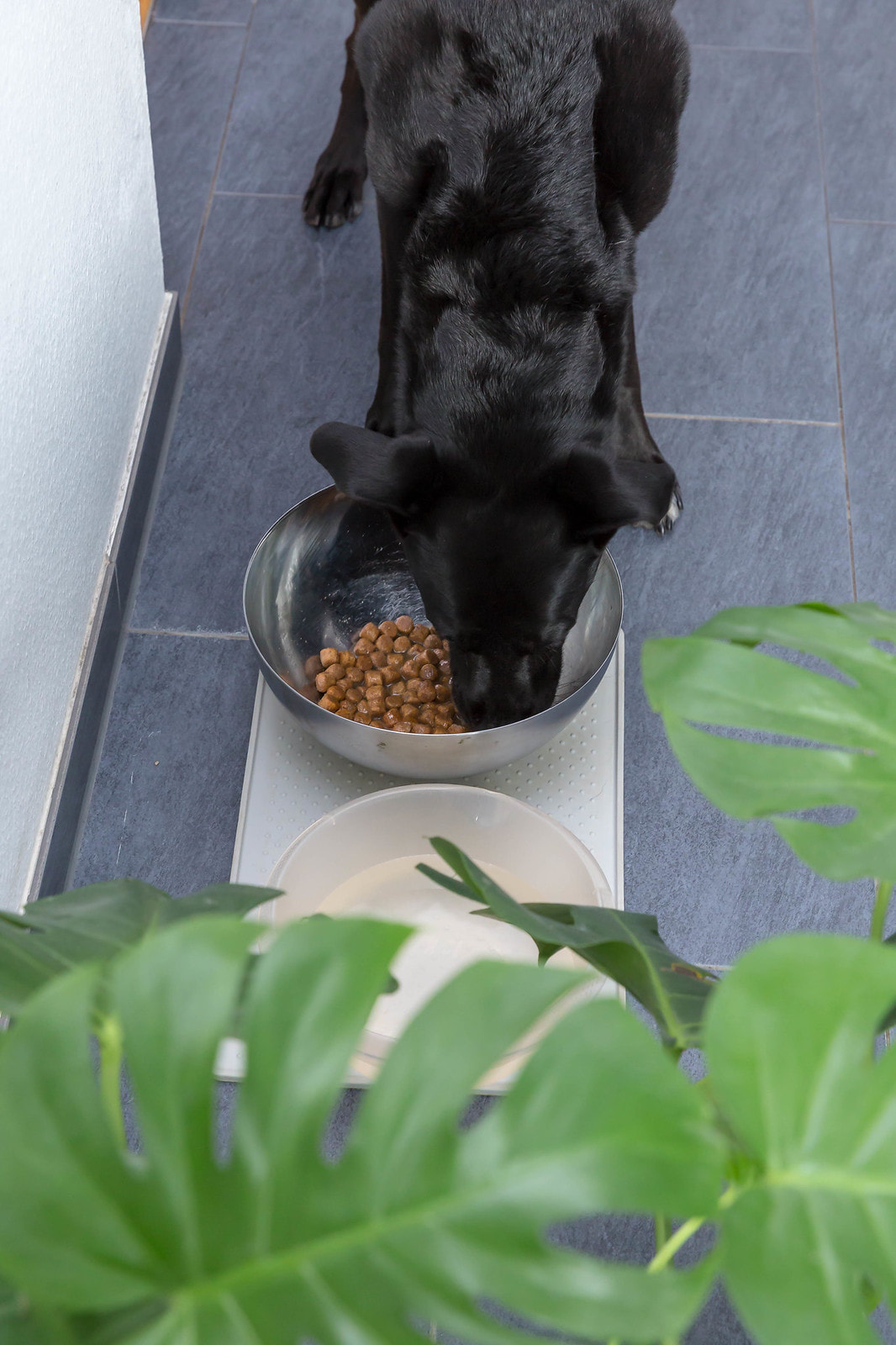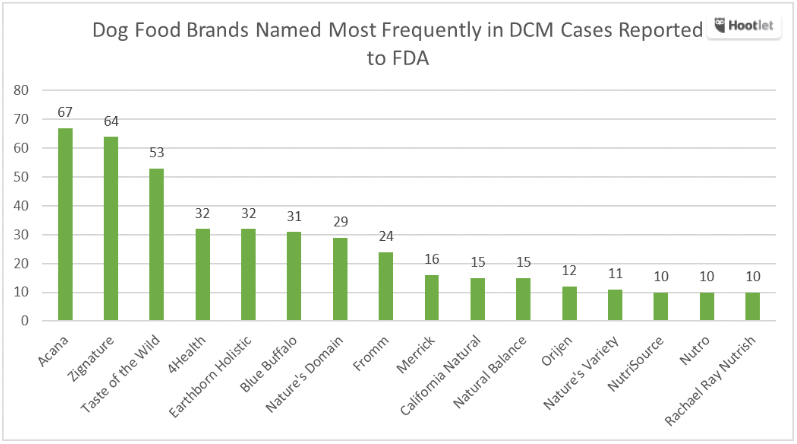Are Grain-Free Diets for Pets the Greatest Thing Since Sliced Bread? Not according to the fda7/1/2019
Concord Animal Hospital slices through the hype Americans are increasingly concerned with where their food comes from and achieving the right nutritional balance for a longer, happier and healthier life. And of course, that includes finding the best food for their furry family members! In an effort to improve their pets’ health, many pet moms and dads are turning to alternative diets such as grain-free pet food. And they're willing to spend big money to make sure their pet is getting the best! According to the New York Times, grain free diets accounted for nearly $2.8 billion in 2017, up from $1 billion in 2011. Owners are looking for the very best for their pets and many are replacing grains such as corn, rice and wheat traditionally found in dog food with alternatives such as chickpeas, lentils and sweet potatoes. The most at-risk population for malmourishment are growing pets, such as puppies and kittens, cautions Dr. McCullough. "It's critical to discuss your young pet's nutritional needs before trying alternative diets."
Wild dogs only live three-to-five-years due to malnutrition, parasites, and a myriad of other diseases and maladies from which we diligently protect our pets. Their lifestyle and lifespan isn’t what should aspire to for our pets!" says Dr. Rhea McCullough, CAH veterinarian. Veterinarians Urge Caution In some cases, such as pets with a grain allergy, a grain-free diet is the right choice. But according to CAH veterinarian Dr. McCullough, “for the vast majority of dogs, grains are part of a balanced diet. Far more dogs are allergic to specific proteins than to grain, so very few dogs need to be on a grain-free diet. A veterinarian should be the one to diagnose a grain sensitivity or allergy and work with you on the right nutrition plan" The veterinary community is beginning to see negative effects of grain-free diets among house pets. The U.S. Food and Drug Administration (FDA) has issues several reports warning pet owners of reports of canine dilated cardiomyopathy (DCM) in dogs eating certain pet foods containing peas, lentils and other legume seeds or potatoes as main ingredients. DCM is a disease of a dog’s heart muscle that leads to an enlarged heart and can result in congestive heart failure. DCM, which can be severe and even fatal, used to mostly impact breeds genetically prone to the disease, such as Great Danes, Newfoundlands and Irish Wolfhounds. Concerning to the veterinary community is that many recent cases reported to the FDA include breeds not typically at risk for DCM, including Golden and Labrador Retrievers, a Shih Tzu, Miniature Schnauzers, as well as mixed breeds. In many of these cases, dogs were fed diets that included potatoes or multiple legumes such as peas or lentils. It is not yet know whether the increase in these alternative ingredients is driving the new DCM cases or if it’s the absence of grain, but the FDA is looking into the cause and we have our ears pricked up. "This is heart-breaking for us, since we know pet owners are only trying to do what’s best for their pets,” says Dr. McCullough. "Many of these grain-free foods are quite expensive but a higher price doesn't guarantee higher quality. Unfortunately some companies are capitalizing are capitalizing on the grain-free trend. Pet food isn't regulated, so they're able to sell grain-free food with little to no research on benefits to or impact on your pet's health."
Your pet’s health and happiness depend on proper nutrition
An undernourished pet is at risk for serious health issues. Dr Lisa Freedman, veterinary nutritionist and a professor at Cummings School of Veterinary Medicine at Tufts University note that “in the last few years I’ve seen more cases of nutritional deficiencies due to people feeding unconventional diets, such as unbalanced home-prepared diets, raw diets, vegetarian diets, and boutique commercial pet foods.” You can dramatically improve your pet’s quality of life and life expectancy—not to mention, avoid additional veterinary bills—when you help your cat or dog achieve the right nutritional balance. So what can you do?
We love that pet owners are willing to go the extra mile for their pets. You want what’s best for your pet and so do we. We look forward to partnering with you to channel your love and dedication into foods and care that will support a happy and healthy life for your pet! Comments are closed.
|
|
OFFICE HOURS:
Monday-Friday: 8:00 am to 6:00 pm Saturday: 8:00 am to 12:00 pm |
CONTACT INFORMATION:
Concord Animal Hospital 245 Baker Avenue Concord, MA 01742 Phone: (978) 369-3503 Fax: (978) 371-9748 [email protected] |
JOIN OUR PACK!
Sign up for our monthly newsletter, the Paw Press for hospital news, pet care tips and cute pet photos! |
Copyright © 2022


